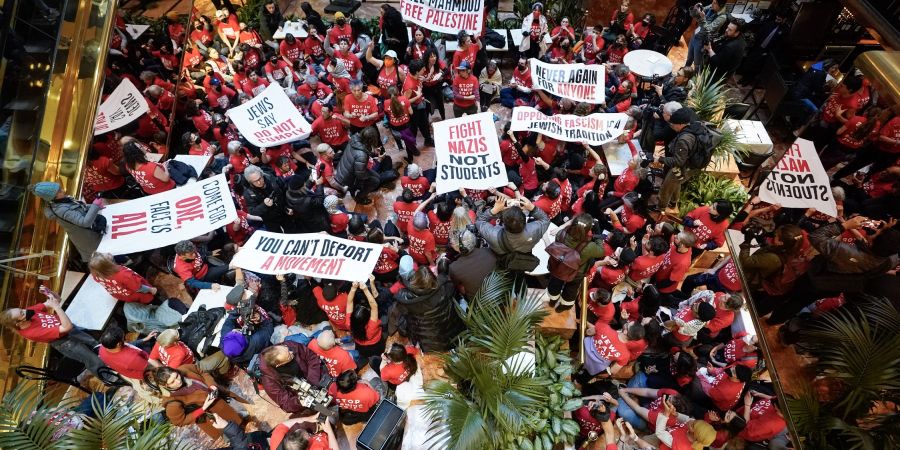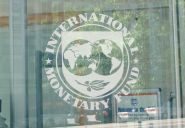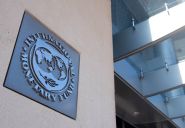New York's Trump Tower Overrun by Pro-Palestinian Protesters
- 14/03/2025
- 5 comments
- 36
- 125


Tylia El Helou 13/03 19:00

This is Beirut 13/03 17:35

This is Beirut 13/03 15:25

This is Beirut 13/03 14:45

Marc Saikali 13/03 08:30

This is Beirut 05:45

This is Beirut 13/03 22:31

This is Beirut 13/03 21:22

This is Beirut 13/03 15:45

This is Beirut 13/03 14:50
This is Beirut 13/03 20:05
This is Beirut 13/03 17:50
Rayan Chami 12/03 13:45
This is Beirut 11/03 16:25

Maurice Matta 13/03 22:40

Christiane Tager 13/03 21:10

This is Beirut 13/03 15:00

This is Beirut 13/03 14:00

This is Beirut 12/03 20:30

This is Beirut 13/03 20:37

Madeleine Cadoux 13/03 18:00

This is Beirut 13/03 12:30

This is Beirut 13/03 10:00

This is Beirut 12/03 17:00

Makram Haddad 13/03 18:00

Makram Haddad 13/03 13:00

This is Beirut 13/03 11:10

This is Beirut 13/03 09:20

This is Beirut 12/03 19:30

Maroun Chahine 12/03 11:30

Jean-Jacques Bedu 26/02 19:30

Alain E. Andrea 23/02 11:00

This is Beirut 04/02 11:05

This is Beirut 23/01 10:50

par Ici Beyrouth, 05:40

par Maurice Matta, 13/03 22:15

par Ici Beyrouth, 13/03 21:38

par Christiane Tager , 13/03 20:05

par Ici Beyrouth, 13/03 19:28